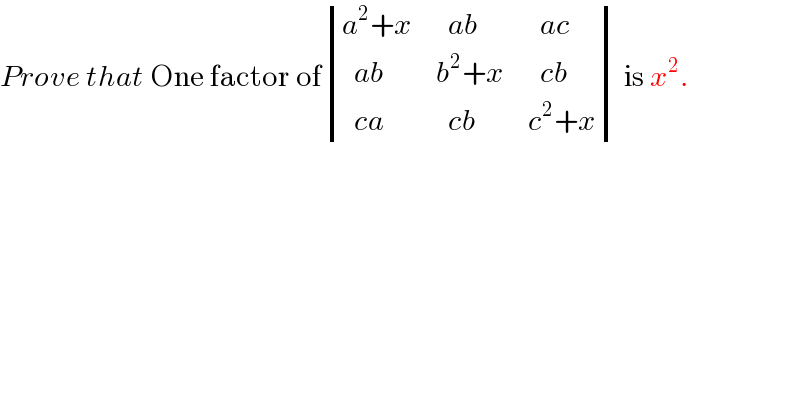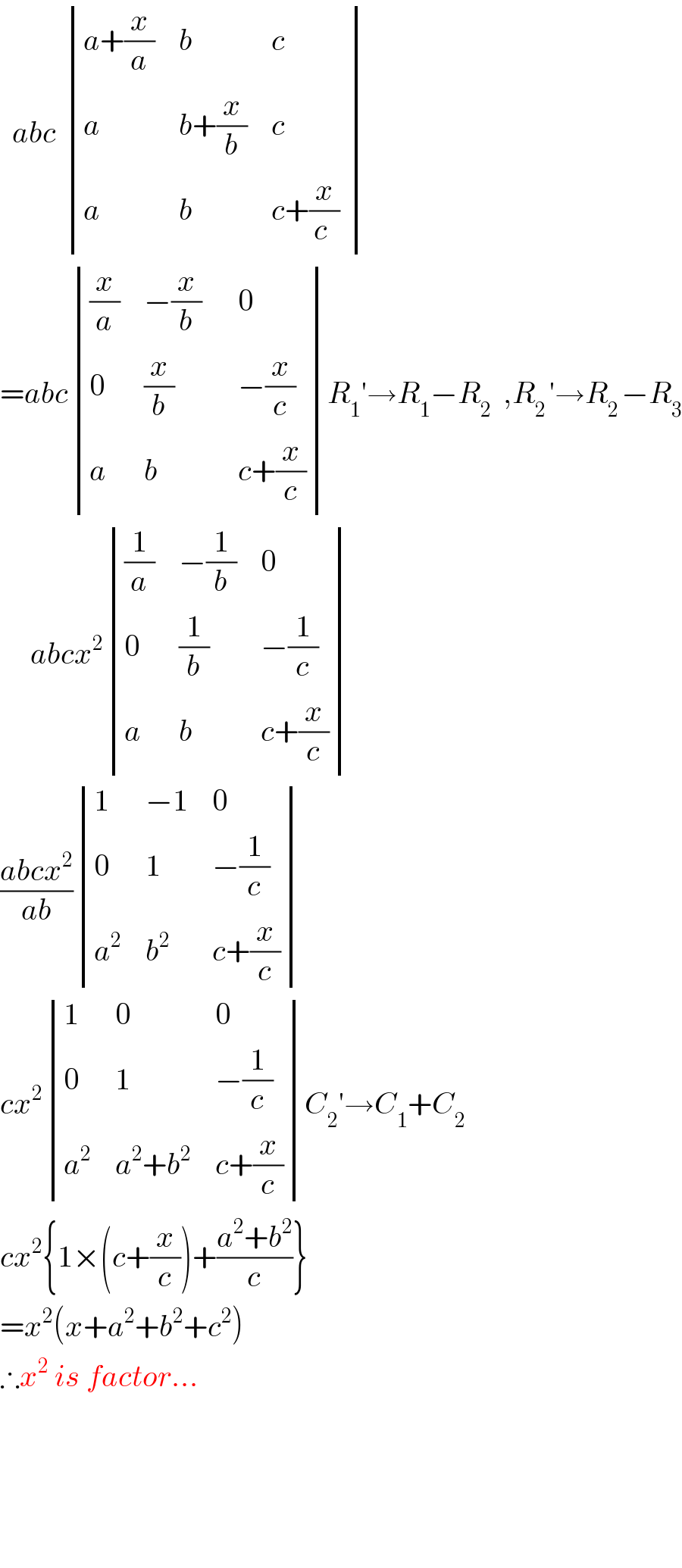
Question and Answers Forum
Question Number 44612 by rahul 19 last updated on 02/Oct/18

Answered by tanmay.chaudhury50@gmail.com last updated on 02/Oct/18

Commented by $@ty@m last updated on 02/Oct/18

Commented by rahul 19 last updated on 02/Oct/18

Commented by tanmay.chaudhury50@gmail.com last updated on 02/Oct/18

Answered by math1967 last updated on 02/Oct/18

Commented by rahul 19 last updated on 02/Oct/18
thanks sir ����.
